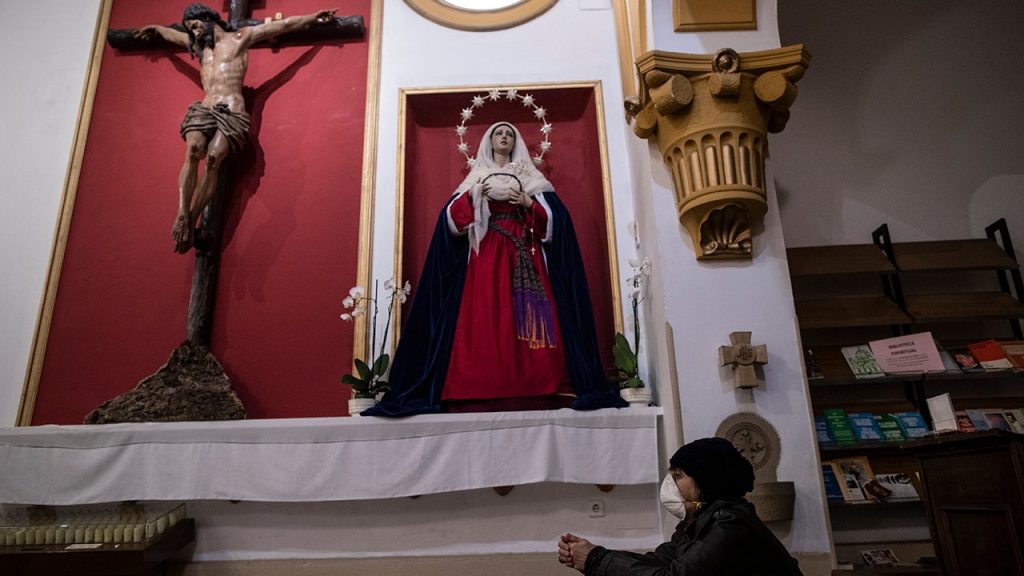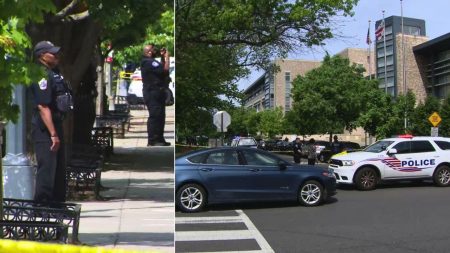Spain recently approved a plan to provide reparation and economic compensation to victims of sex abuse committed by individuals connected to the Catholic Church. The plan, based on recommendations from a report by Spain’s Ombudsman last year, aims to address the estimated 440,000 adults who may have experienced sex abuse in Spain, with roughly half of those cases involving clergy members. The compensation will be financed by the church, although specific details about the amount and timing of payments have not been released. The plan also includes a public act of recognition for victims and their families, as well as free legal assistance for all victims of sexual abuse.
Spain’s Bishops Conference has rejected the plan, citing concerns that it discriminates against victims outside of church circles. Nevertheless, the government is moving forward with the initiative, acknowledging the need to address the longstanding issue of sexual abuse within the church. After years of neglecting the issue, the bishops have apologized for the abuses committed by church members, although they dispute the number of victims as exaggerated. The government hopes to collaborate with the church to implement the plan over the next four years, with a focus on providing support to victims and strengthening prevention measures in schools.
The implementation of the plan marks a significant step in addressing the issue of clergy sex abuse in Spain, which has been largely overlooked in the past. With the acknowledgement of the widespread negligence within the church and the commitment to provide compensation and support to victims, the government aims to rectify past wrongs and ensure that victims are not forgotten or ignored. The plan also reflects a growing awareness of the need to hold institutions accountable for their failures to protect vulnerable individuals from abuse.
The project includes provisions for free legal assistance to all victims of sexual abuse, as well as measures to reinforce prevention supervision in schools. This comprehensive approach demonstrates the government’s commitment to addressing the root causes of abuse and ensuring that future generations are protected from similar trauma. By prioritizing the needs of victims and taking steps to prevent further instances of abuse, Spain is setting a positive example for other countries grappling with similar issues within the Catholic Church and other institutions.
While only a few countries have initiated government-led or parliamentary inquiries into clergy sex abuse, Spain’s actions serve as a model for others seeking to address this pervasive issue. By taking concrete steps to support victims, hold perpetrators accountable, and prevent future instances of abuse, the government is signaling a commitment to upholding justice and protecting vulnerable individuals. Through collaboration with the church and adherence to the recommendations of the Ombudsman’s report, Spain is working to ensure that victims of sexual abuse receive the recognition, support, and compensation they deserve.
Overall, Spain’s approval of the plan to provide reparation and economic compensation to victims of sex abuse within the Catholic Church demonstrates a commitment to addressing past injustices and preventing future harm. By prioritizing the needs of victims and holding institutions accountable for their failures to protect vulnerable individuals, the government is taking important steps toward healing and justice. The plan’s provisions for legal assistance and prevention measures reflect a comprehensive approach to addressing clergy sex abuse in Spain, setting a positive example for other countries grappling with similar challenges.















